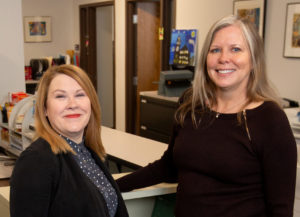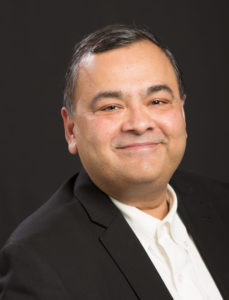MADISON, Wis.—The University of Wisconsin System Board of Regents will honor the recipients of the 12th annual Regents’ Diversity Awards on February 7 in Madison at the next Regents meeting. These awards recognize individuals and programs that foster access and success for students who are members of historically underrepresented populations. Each recipient is awarded $7,500 to support professional development or continue the program being honored.
“These outstanding people and programs are making a profound impact on their campus communities, increasing opportunity for all student populations,” said Regent Eve Hall, who chaired the special Regents’ committee to determine the recipients. “We are proud to recognize their exceptional dedication to building partnerships that support student success.”
Award recipients were selected using the following criteria:
- Sustainable positive impact on equity and diversity, leading to positive institutional change.
- Accountability demonstrated through routine assessment and feedback to promote forward movement on equity and diversity goals.
- Intersections across multiple dimensions of diversity.
- Collaborations with other units, departments, or communities – within the university and beyond.
The 2020 recipients are:
-
Individual: Arijit Sen, Associate Professor of Architecture and Urban Studies, School of Architecture and Urban Planning, UW‑Milwaukee.
Sen’s approach to teaching is directly aligned with the needs of the community as an anchor partner and collaborator. Well-respected among Milwaukee neighborhood leaders for his multidisciplinary work with students in underserved communities, Sen models strategies to adjust the curriculum and pedagogy in ways that introduce students to diverse racial, ethnic, economic, and cultural experiences. Among Sen’s long-term and successful projects is the Buildings-Landscapes-Cultures Field School that he directs. The Field School is a curricular offering from the collaborative Buildings-Landscapes-Cultures area of research, co-founded by Sen in 2008 and shared by UW-Milwaukee and UW-Madison. The Field School has earned local and national awards for its curriculum and vision for immersing students in communities as they work collaboratively on social justice issues to improve diversity and equity. With the help of his students, community partners, and a multidisciplinary set of colleagues, Sen has found that engaged-research and problems-based learning can promote diversity, inclusion, and positive institutional change.
-

(from left) UW-Stout’s Director of Student Support Services Angela Ruppe and by Fostering Success program advisor Gail Mentzel
Program: Fostering Success, UW-Stout.
The Fostering Success program, the first of its kind in the UW System, supports college students who were former foster youth, a population that is often underserved and faces additional barriers to college education. The program also offers a summer precollege camp for current foster youth to acclimate them to a campus environment. For those of its students who qualify for TRIO services, the Fostering Success program works in collaboration with the TRIO Student Support Services grant, which supports students from first-generation and limited-income backgrounds as well as students with a disability. The program’s goals are ambitious for former foster youth. National statistics report that although 80 percent of foster youth have goals of attending college, only 20 percent enroll and only 3 percent graduate from a four-year institution. Fostering Success is making great strides in enrollment and retention. In 2017, the program served 15 students. In 2019, 69 new freshmen indicated they were eligible for the program, and from spring 2018 to spring 2019, 80 percent of students in the Fostering Success program were retained. This is in comparison to the 69 percent retention rate of the general student population. -
Program: Department of Chemistry, UW-Madison.
The Department of Chemistry is enhancing recruitment and retention of underrepresented minority and first-generation students through complementary initiatives designed to increase representation within its large graduate program. The Research Experiences for Undergraduates program creates a pipeline for students to experience summer research in a top-10-ranked chemistry department. Chemistry Opportunities, known as CHOPS, exposes students who might not otherwise learn about graduate training to the opportunities offered by a top research university and has increased the number of students from underserved populations that eventually pursue a chemistry Ph.D. The Catalyst program, which provides mentoring and support to students, is designed to enhance the success of underrepresented minority and first-generation students in persisting and completing a chemistry Ph.D. The success of these initiatives led directly to the Department of Chemistry landing support through the American Chemical Society for the first Chemistry Bridge to the Doctorate program.
Other members of the selection committee included Regent Becky Levzow, Regent Cris Peterson, and Regent Torrey Tiedeman.
Note:
For high-resolution photos, click each thumbnail image above.
The University of Wisconsin System serves approximately 170,000 students. Awarding nearly 37,000 degrees annually, the UW System is Wisconsin’s talent pipeline, putting graduates in position to increase their earning power, contribute to their communities, and make Wisconsin a better place to live. More than 80 percent of in-state UW System graduates stay in Wisconsin five years after earning a degree. The UW System provides a 23:1 return on state investment. UW System institutions also contribute to the richness of Wisconsin’s culture and economy with groundbreaking research, new companies and patents, and boundless creative intellectual energy.


